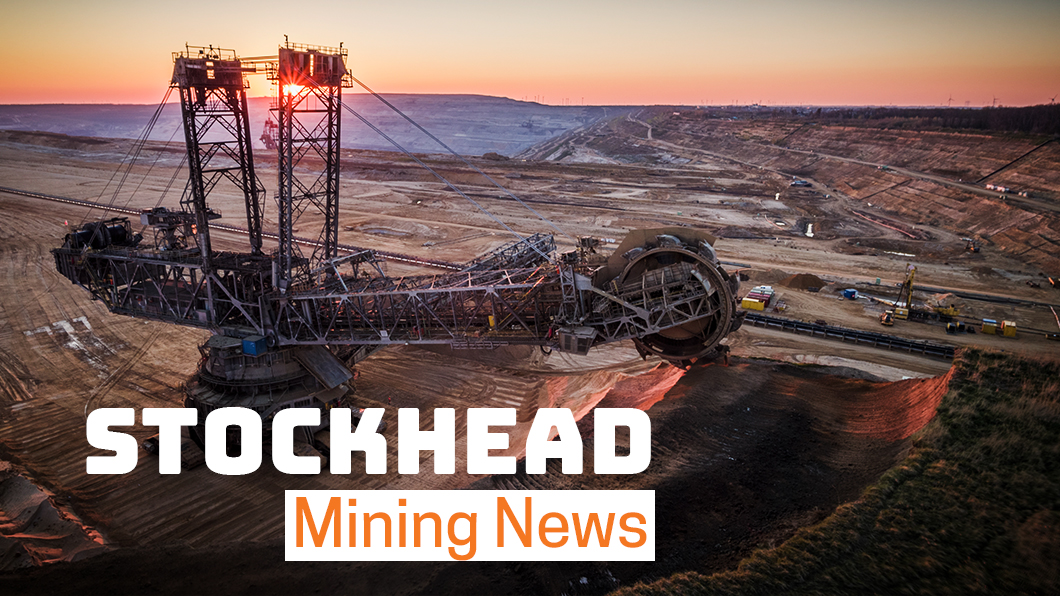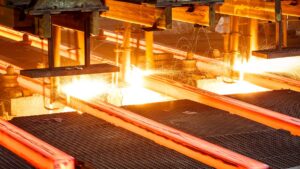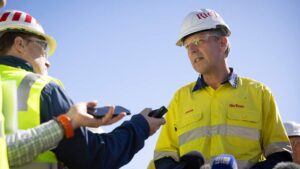Massive Brazilian iron ore project could crimp Australian supply

Pic: Schroptschop / E+ via Getty Images
Moves by Brazil’s leading shipper Vale to step up iron ore production could present a fresh challenge to Australian miners that are facing some difficult market headwinds.
Vale’s board has approved a massive iron ore project, Serra Sul 120, at a cost of $US1.5bn ($2bn) that will add 20 million tonnes of production to its S11D mine and starts construction in 2022.
The Brazilian miner’s iron ore production is set to reach 260 million tonnes per year in 2024.
This production expansion could impact Australian iron ore shippers, Dale Gillham, chief analyst at financial services firm Wealth Within, said.
“While Brazil has been bit hard with COVID-19 infections, which is slowing down attempts to get the Serra Sul 120 project up and running, the big issue facing Australian miners right now is our strained relationship with China.”
Iron ore shipments delivered to China are currently changing hands at $US126 ($172.80) per dry metric tonne (dmt), 62 per cent iron basis.
This is up from just $US82/dmt in May.
Australian shippers in pole position
Australian iron ore miners cemented their leading position in the Chinese market after the Brumadinho dam failure at a Vale-operated mine in eastern Brazil last year derailed the South American country’s shipments.
Roughly 60 per cent of iron ore shipments delivered to China originate from Australia.
Share prices for BHP (ASX:BHP) and Rio Tinto (ASX:RIO) climbed 20 and 30 per cent in the first half of 2019, respectively, while Brazilian production was sidelined.
Fortescue Metals Group (ASX:FMG) gained 128 per cent in terms of its share price for the period, and the company’s market price is still up 80 per cent on its July 2019 level.
China remains a voracious consumer of iron ore, and its imports increased 20 per cent year on year in August, despite the COVID-19 pandemic.
Market opportunities in a post-COVID world
Gillham believes attractive opportunities still lie ahead for Australian miners of all kinds.
“When the world moves into recovery mode from the COVID-19 recession, materials are likely to create the next boom, as nations focus on infrastructure to stimulate their economies,” he said.
“I believe we will see a switching of the guard from the tech bubble to commodities in the not too distant future and Australia is well placed to profit from this,” he added.
Australia’s All Ordinaries index has started to trade lower, closing Friday at 6,038 points, and Gillham is concerned about underlying weakness in stocks and has advised investor caution.
“If the down move continues, the All Ordinaries index will fall to below 5,800 points and possibly as low as 5,400 points, although it could go lower,” he said.
Share prices of the three major iron ore producers in Australia
Related Topics
UNLOCK INSIGHTS
Discover the untold stories of emerging ASX stocks.
Daily news and expert analysis, it's free to subscribe.
By proceeding, you confirm you understand that we handle personal information in accordance with our Privacy Policy.








